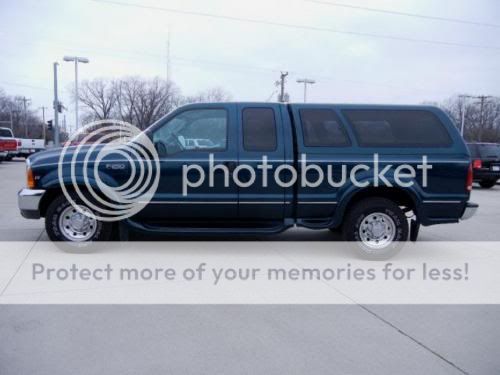pat
is One Chatty Farker
I was looking through some old threads but became overwhelmed so thought I would just ask again.
I'm buying a 24' Forest River Work & Play toyhauler for competitions. The tag on the trailer has a GVWR of 11,010. Can I realistically and safely pull this with a 3/4 ton truck? A friend swears I need a v10 or diesel to pull it.
I am clueless when it comes to these things. Does the 11,010 account for an empty trailer or something different? :icon_blush: Thanks!!
I'm buying a 24' Forest River Work & Play toyhauler for competitions. The tag on the trailer has a GVWR of 11,010. Can I realistically and safely pull this with a 3/4 ton truck? A friend swears I need a v10 or diesel to pull it.
I am clueless when it comes to these things. Does the 11,010 account for an empty trailer or something different? :icon_blush: Thanks!!

